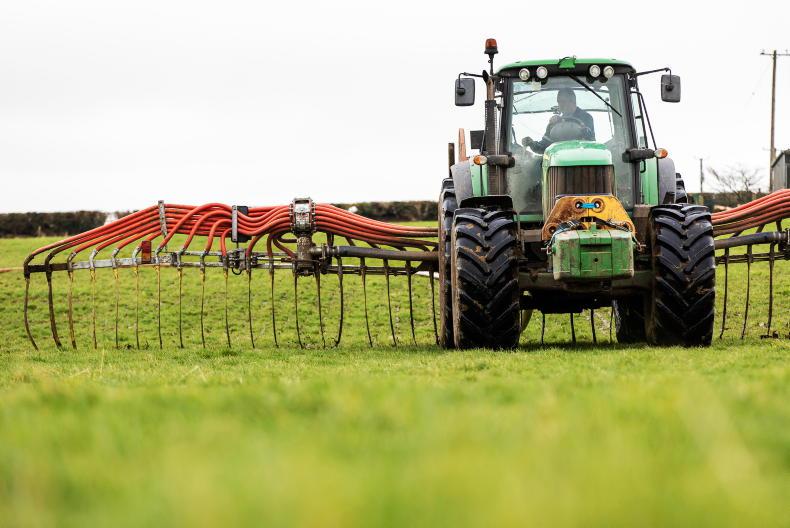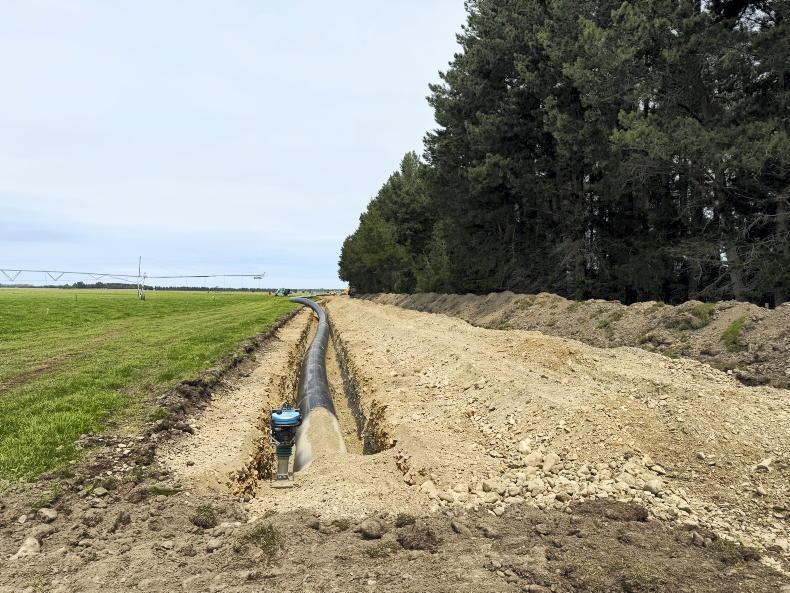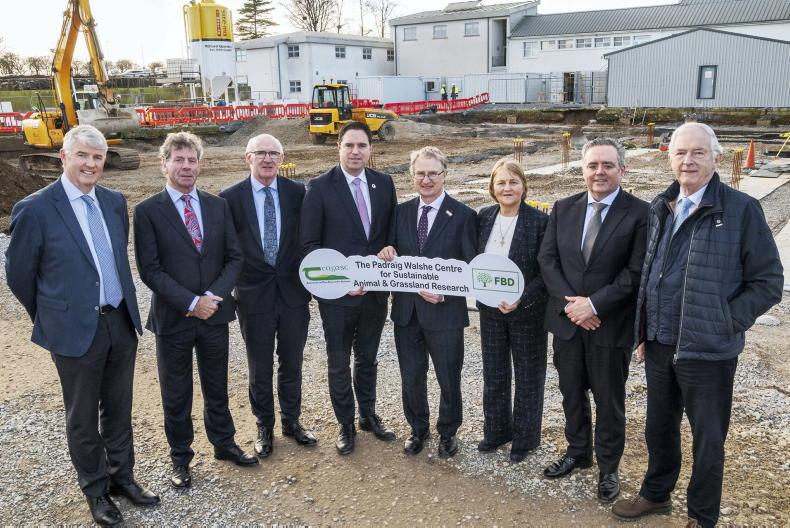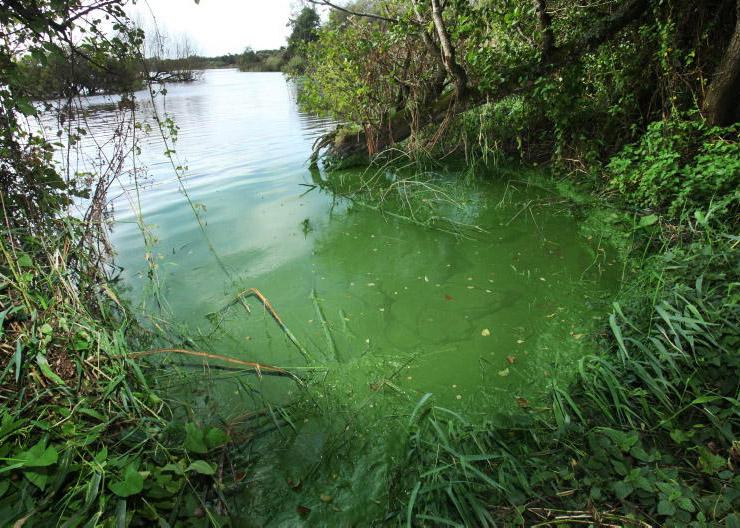Many measures put into action to protect waterways from nitrates are at or near cost neutral for farmers, according to Nuffield scholar and agricultural policy officer in the Dutch embassy in Dublin Aoife Feeney.
Friday’s Teagasc Signpost webinar heard from Feeney that farmers must take the lead on protective water quality measures and not wait for regulations to force them to act.
Rolling out measures as soon as possible is essential to making an impact on water nitrates levels, as the lag time between implementation and signs of progress in water concentration is a delay in itself.
“A lot of the options that we can do, especially in nitrates, are cost effective and they've got double benefits for biodiversity,” Feeney explained.
“And it's really just putting it priority at the top of your list and not letting it slip and is one of the key things that I think we need to do going forward.”
Haste needed
Feeney told participants that putting measures into play after receiving advice is vital, but also that a larger uptake of measures is needed to make an impact on water quality.
She drew comparisons between the Teagasc-led Agricultural Sustainability Support and Advisory Programme (ASSAP) and the other sustainability advisory services encountered during her Nuffield programme travel.
Long-term funding mechanisms for advisory services and the implementation of measures are needed to allow programmes such as ASSAP to continue to make progress, Feeney stated.
“Taking part in the ASSAP programme is the first step, but actually implementing the options is the second step. I know a lot of farmers have and that's fantastic, but we really need to ramp this up,” she explained.
“And the big thing with changing water quality is the lag times that it takes for us to see the benefits of the change that we make. So, the sooner we make the change, the quicker we'll see the benefits.”
The webinar heard that 10 farms putting one measure into action would likely have a stronger impact on improving water quality .
Feeney also spoke on the need for a greater focus on water quality outside of the nitrates derogation.
“What we do here in Ireland is talk about the derogation and it's derogation, derogation, derogation. There are 7,000 farmers in derogation and there are 137,000 farmers across the country,” she said.










SHARING OPTIONS